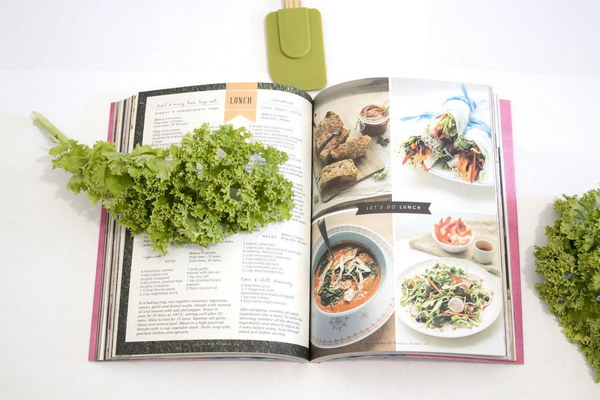Revitalizing Your Health The Power of Yang in Traditional Chinese Medicine
In the realm of traditional Chinese medicine (TCM), the concept of Yang plays a vital role in maintaining a balanced and healthy body. Yang, often translated as Qi or vital energy, is believed to be the driving force behind all physiological processes and life itself. This article will delve into the significance of Yang in TCM and provide practical tips on how to warm and nourish your Yang to enhance your overall well-being.
Understanding Yang in TCM
According to TCM, Yang is the active, warm, and dynamic aspect of the body, in contrast to Yin, which represents the passive, cool, and receptive aspects. The balance between Yang and Yin is crucial for maintaining health and preventing illness. When Yang is insufficient or imbalanced, it can lead to various health issues, including fatigue, weakness, cold extremities, and even chronic diseases.
Warming and Nourishing Your Yang
1. Diet: A balanced diet rich in warming foods can help boost your Yang. Incorporate the following into your meals:
a. Spices: Herbs like cinnamon, ginger, turmeric, and black pepper are known for their warming properties.

b. Meat: Red meats such as beef and lamb are considered warming, as are poultry and fish.
c. Vegetables: Root vegetables like carrots, beets, and radishes are great for warming the body.
d. Fruits: Fruits like dates and figs are beneficial for nourishing your Yang.
2. Lifestyle: Adopting a healthy lifestyle can help maintain and enhance your Yang:
a. Exercise: Regular, moderate exercise, such as walking, tai chi, or qigong, can stimulate the flow of Yang in your body.
b. Rest: Ensure you get enough rest and sleep to allow your body to rejuvenate and maintain its Yang balance.
c. Avoidance: Limit exposure to cold and damp environments, as they can dampen your Yang.
3. Acupuncture and Herbs: TCM treatments like acupuncture and herbal medicine can help warm and nourish your Yang. Acupuncture points related to Yang can be stimulated to improve circulation and boost energy levels. Herbs like ginseng, codonopsis, and astragalus are known for their Yang-enhancing properties.
4. Mindfulness and Meditation: Cultivating a positive mindset and practicing mindfulness can also help balance your Yang. Stress and negative emotions can deplete your body's Yang, so it's essential to find ways to relax and stay grounded.
5. Heat Therapy: Using heat therapy, such as a hot bath, sauna, or infrared sauna, can help warm your body and improve circulation, thereby supporting your Yang.
Conclusion
By understanding the importance of Yang in TCM and implementing these practical tips, you can effectively warm and nourish your Yang, leading to improved health and vitality. Remember, the key to maintaining a balanced life is to listen to your body and find the right balance between Yang and Yin.









